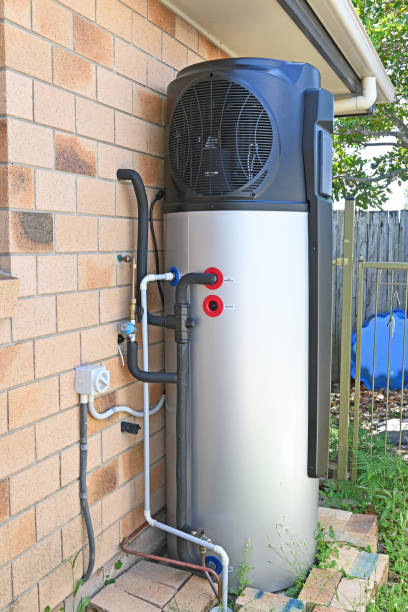In a landmark decision that underscores California’s commitment to decarbonization, the California Air Resources Board (CARB) has announced a significant policy shift aimed at phasing out gas water heaters. This groundbreaking move is set to reshape how Californians heat their water, marking another step in the state’s broader efforts to combat climate change and transition to cleaner energy sources.
Understanding the Decision
On August 29, 2024, CARB unveiled its plan to ban the sale and installation of new gas-powered water heaters starting in 2027. This regulation targets both residential and commercial water heaters, signaling a major policy shift in the state’s approach to reducing greenhouse gas emissions. The decision aligns with California’s ambitious climate goals and its quest to achieve carbon neutrality by 2045.
Economic and Practical Considerations
While the environmental benefits are clear, the transition to new technologies will have practical and economic implications. Homeowners and businesses will need to adapt to new water heating systems, such as heat pump water heaters, which could involve upfront costs for purchasing and installing electrical service or solar models. However, over time, these systems are expected to offer cost savings through lower energy bills and reduced maintenance needs.
To ease the financial burden on consumers, CARB has proposed incentives and rebate programs. These initiatives aim to support the adoption of cleaner technologies and ensure that the transition is as smooth and equitable as possible. Additionally, training programs for plumbers and technicians will help prepare the workforce for the new installation and maintenance demands.
The Environmental Impact
The shift to electric or solar-powered water heaters—alternatives that CARB is actively promoting—offers a cleaner, safer, and more sustainable solution. Electric water heaters, particularly those powered by renewable energy sources, produce no direct emissions and there is less risk of mishaps related to gas – CO2 inhalation, fires (although rare), etc. Similarly, solar water heaters harness the sun’s energy, reducing reliance on fossil fuels and allowing more independence away from centralized energy production.
Looking Ahead
As California moves forward with this groundbreaking decision, the focus will shift to implementation and adaptation. Stakeholders, including consumers, businesses, and local governments, will need to work together to ensure a successful transition. The coming years will likely see increased innovation in water heating technologies and continued development of supportive policies.
Contact us today to assess how this will impact your project or how you can better prepare.




